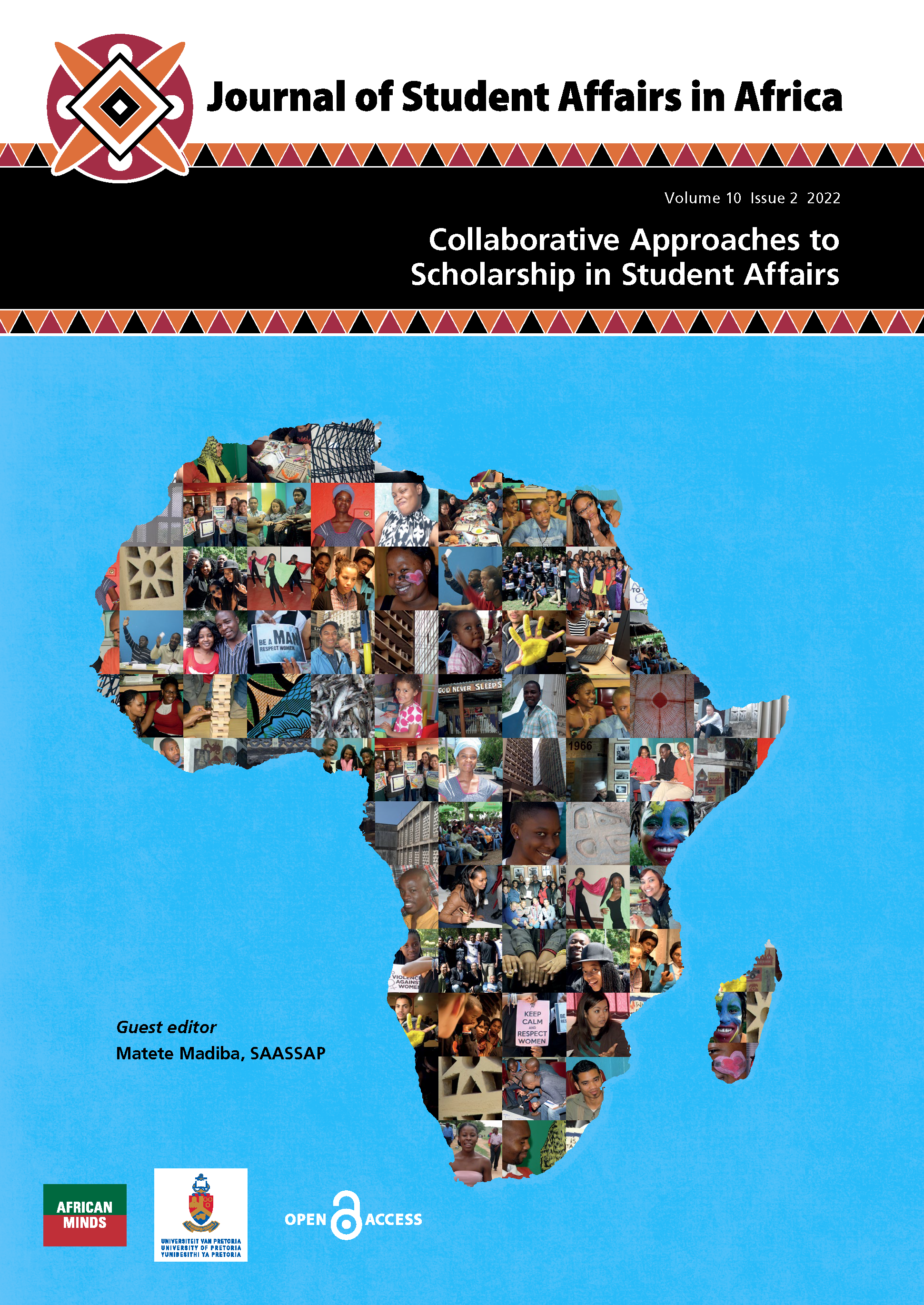Globalisation, Societies and Education Special Issue: Student activism, translocality, and social justice
Abstract
In many countries and universities, students engage in activities to promote social
justice through inclusion, diversity, epistemic freedom and decolonisation, paying
renewed attention to intersectionalities of race/ethnicity, class, gender and sexuality. In
this special issue, we seek to focus on the translocal dimensions of student activism for
equality and greater social justice. We understand ‘activism’ quite broadly to include
student-led activities – ranging from small-scale mundane initiatives to large-scale
protest events – that aim to change everyday life, practices or norms at the university
and beyond. Students’ activist engagement is often shaped in and through translocal/
transnational/international/global spaces in which geo-political imaginaries, academic
theories, actionable knowledge or symbols, hashtags, materiality and people circulate
and move across socio-political contexts. Struggles are connected across multiple scales,
and partially common worlds and horizons are created.
Additional Files
Published
Issue
Section
License
Copyright (c) 2022 Thierry Luescher

This work is licensed under a Creative Commons Attribution-NonCommercial-ShareAlike 4.0 International License.
Authors who publish with this journal agree to the following terms:
Authors retain copyright and grant the journal right of first publication with the work simultaneously licensed under the Creative Commons Attribution Share-alike 4.0 International License that allows others to share the work with an acknowledgement of the work's authorship and initial publication in this journal.
Authors are able to enter into separate, additional contractual arrangements for the non-exclusive distribution of the journal's published version of the work (e.g., post it to an institutional repository or publish it in a book), with an acknowledgement of its initial publication in this journal.
Authors are permitted and encouraged to post their work online (e.g., in institutional repositories or on their website) prior to and during the submission process, as it can lead to productive exchanges, as well as earlier and greater citation of published work (See: The Effect of Open Access).


